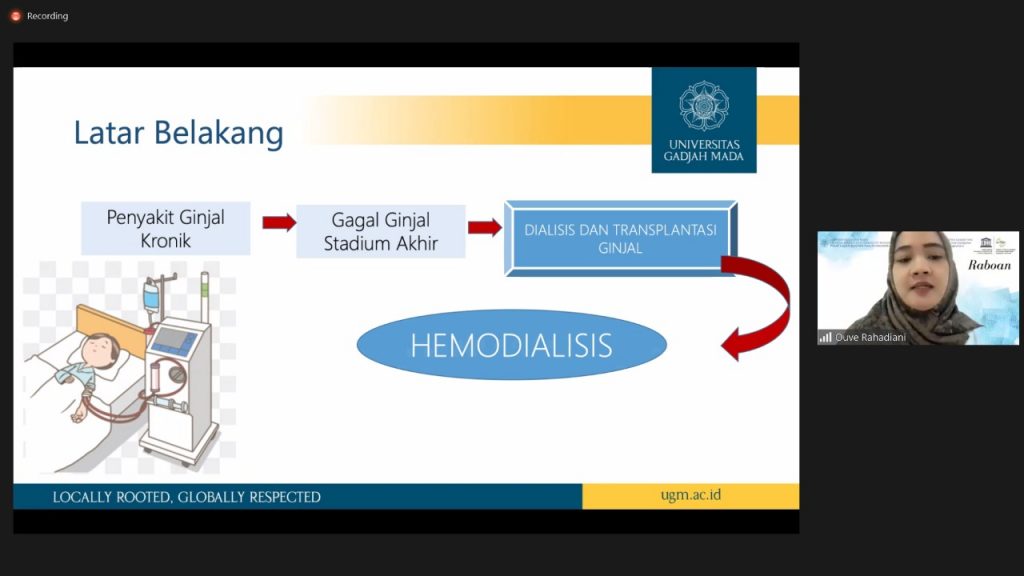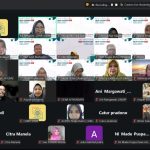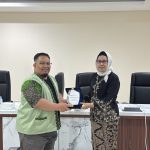Wednesday (15/12), Center for Bioethics and Medical Humanities (CBMH FK-KMK UGM) held the weekly Raboan Discussion Forum. The topic raised this week is the Perspective of End-Stage Chronic Renal Failure Patients on Joint Decision Making When Starting Hemodialysis Therapy. The topic was delivered by dr. Ouve Rahadiani Permana, M.H.Kes., M.Sc. dr. Ouve is lecturer of the Faculty of Medicine, Universitas Swadaya Sunan Gunung Jati (UGJ) and Masters in Bioethics UGM alumni. Meanwhile, the moderator was dr. Nurul Aida Fathya, Sp.FM, M.Sc. She is lecturer of the Faculty of Medicine at Universitas Jendral Soedirman and Masters in Bioethics UGM alumni.

Hemodialysis therapy or also commonly known as dialysis has a significant impact on patients. Kidney failure patients who take this therapy are required to limit the consumption of food and fluids. In addition, patients also have less ability to perform a physical activity such as working. Patients also have an emotional impact during the therapy. This attracted the interest of dr. Ouve to do further study, considering the prevalence of patients with kidney failure is increasing every year.
Doctors have a role to provide a complete explanation of the patient’s disease and treatment options. This is also an important aspect of bioethics because it is a form of respect for patient autonomy. But in reality, there are still many patients who do not get complete information from doctors. Based on previous research, it was found that 70% of patients with chronic kidney failure still do not know well their disease.
In addition to doctors, the patient’s family also has an equally important role to support the patient’s treatment therapy. So that a joint decision between patients, families, and doctors becomes an alternative that can be done in determining the treatment that respects patient autonomy.
“Shared decision making can optimize patients and families to make choices.” said dr. Ouve.
Based on dr. Ouve findings, chronic kidney failure patients are having deficient information about their treatment choices. It caused patients for not having well understanding of their hemodialysis therapy. In her conclusion, dr. Ouve recommended better communication for doctors and chronic kidney failure patients because complete information is the basis for patient autonomy.
The full video can be accessed here






